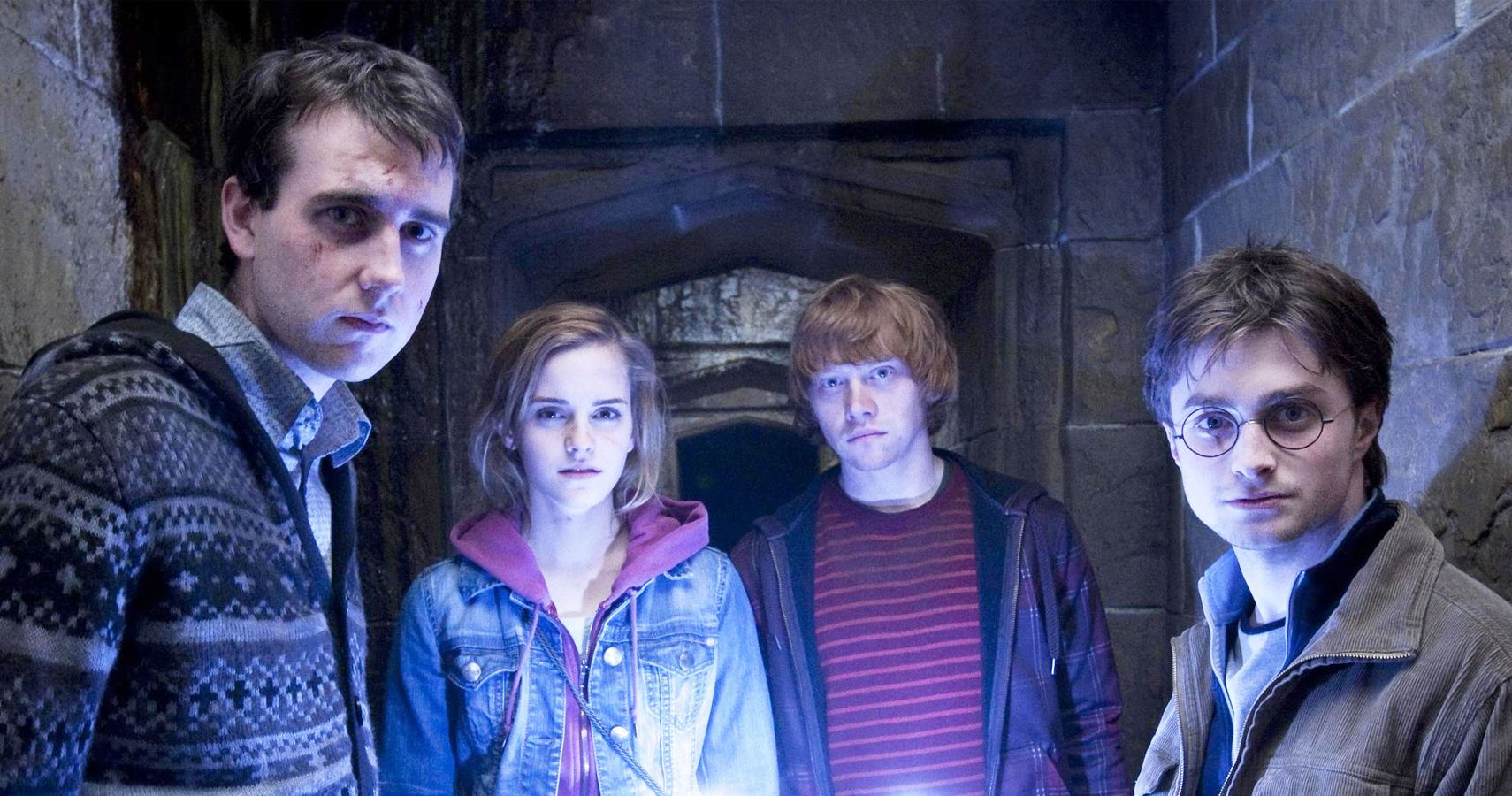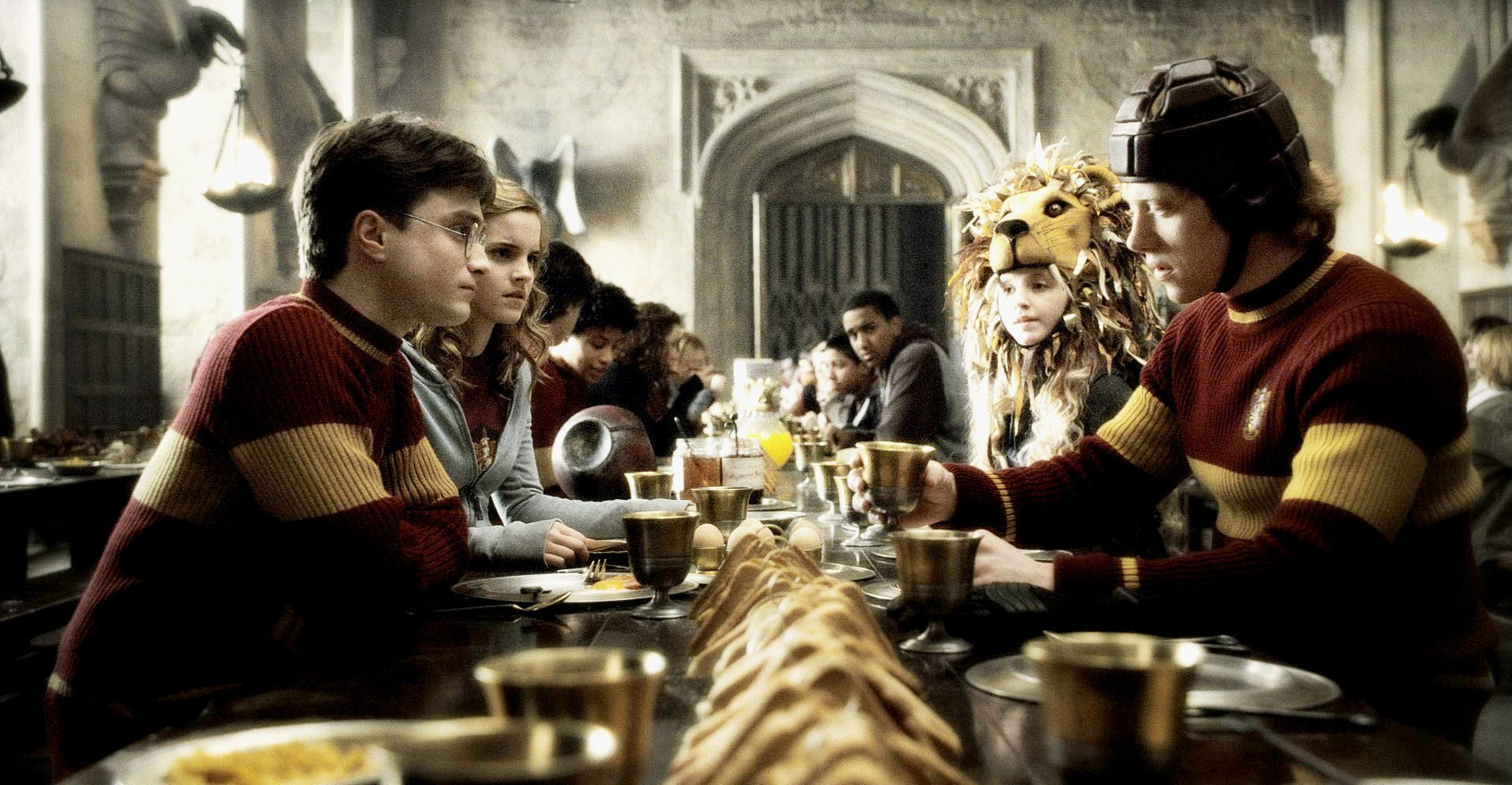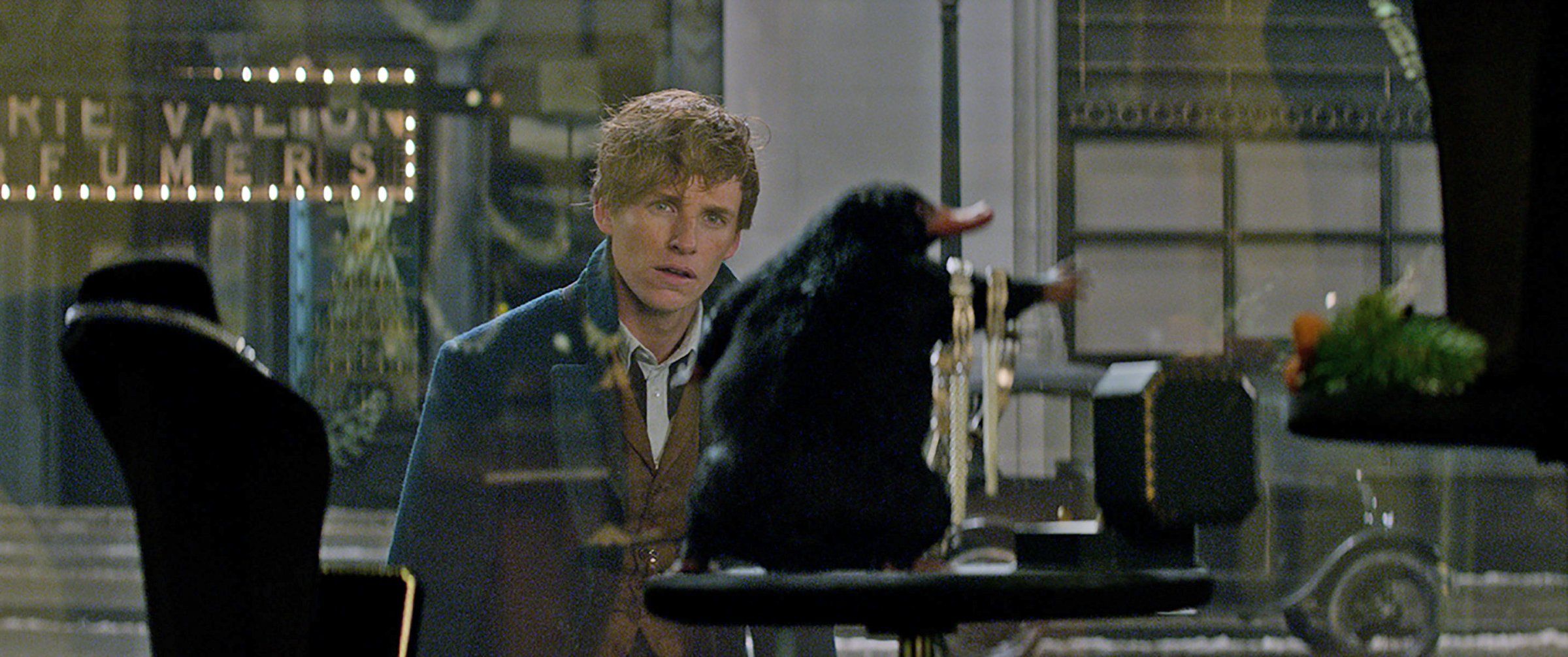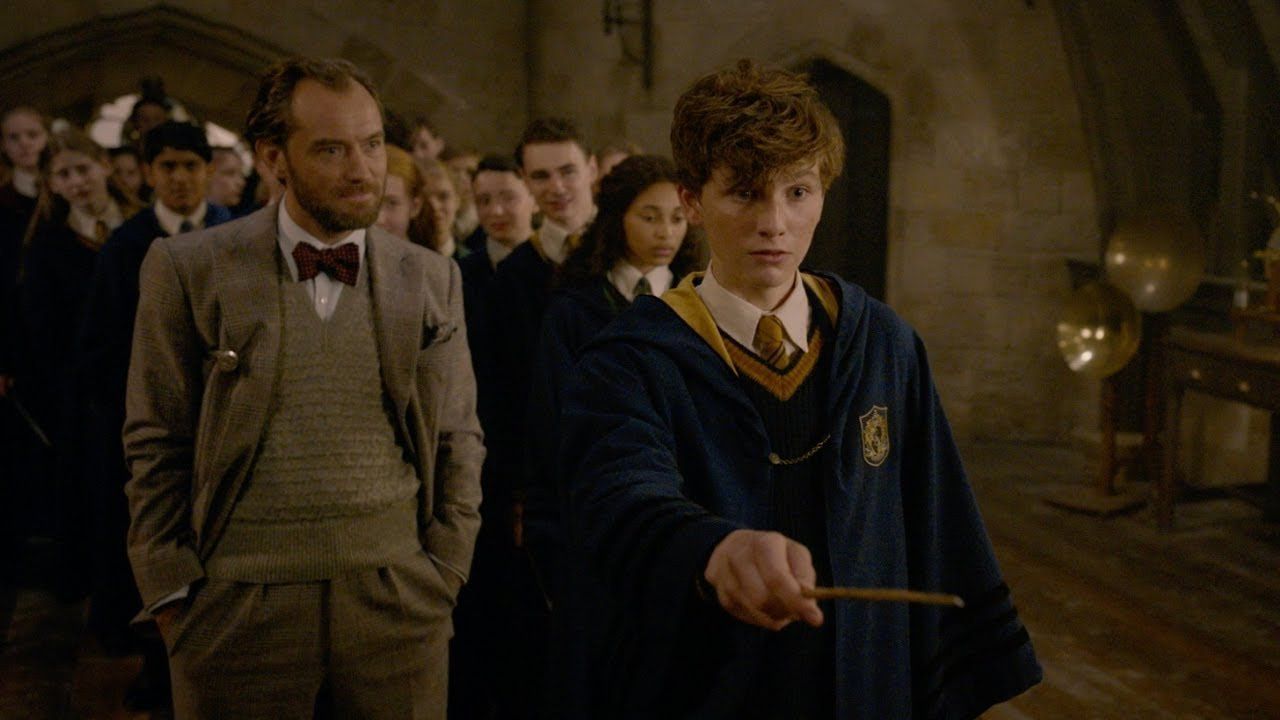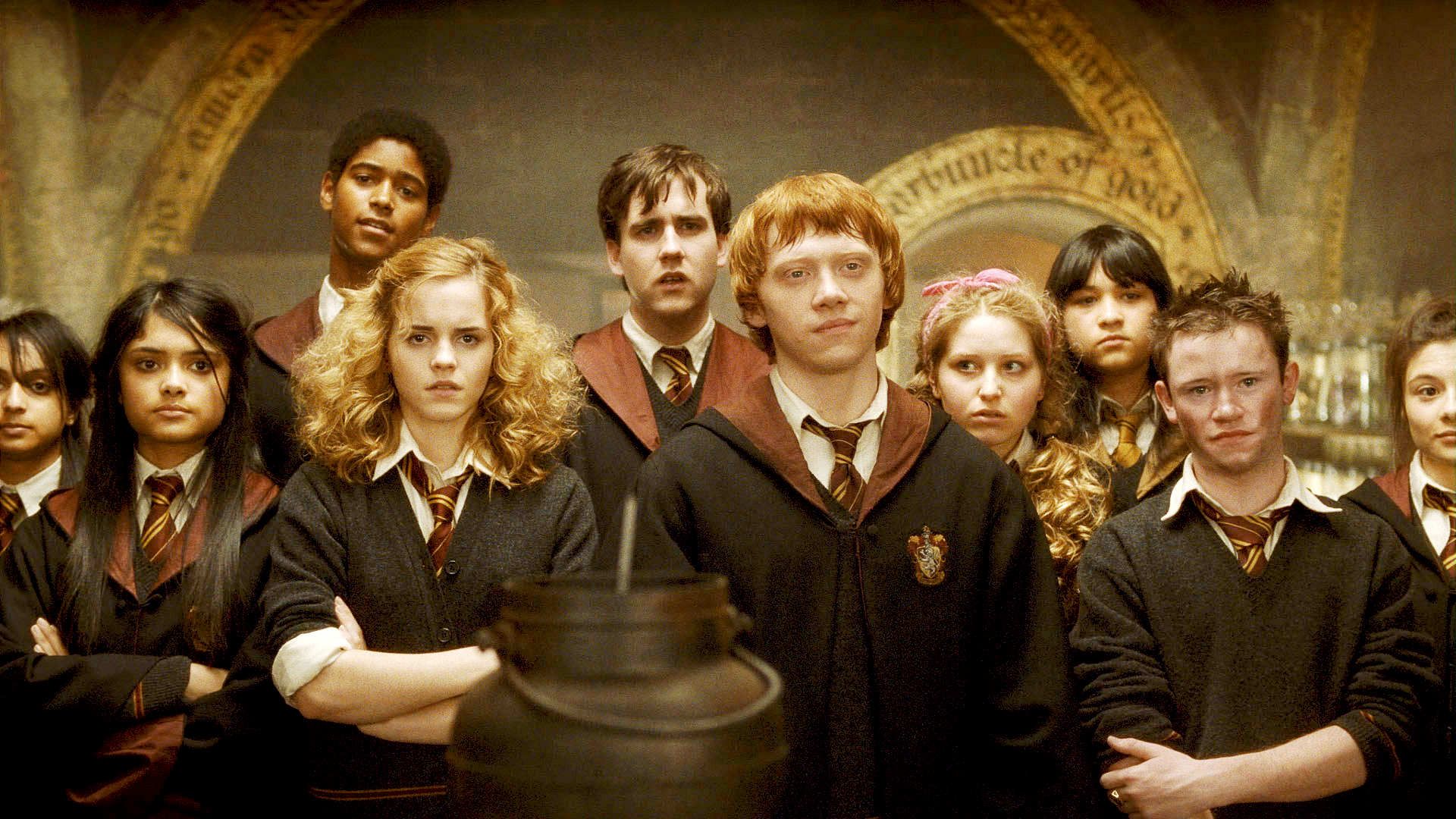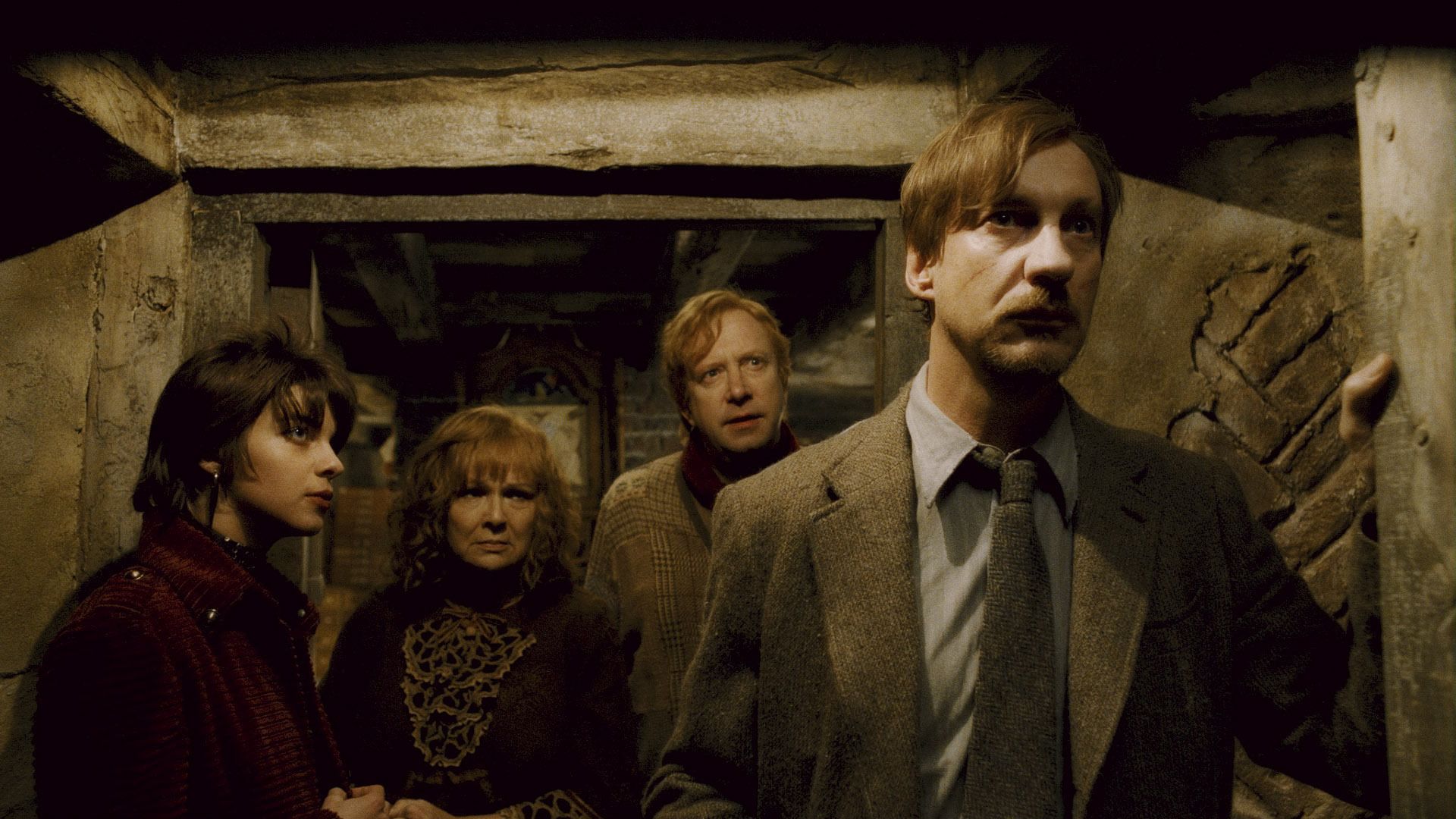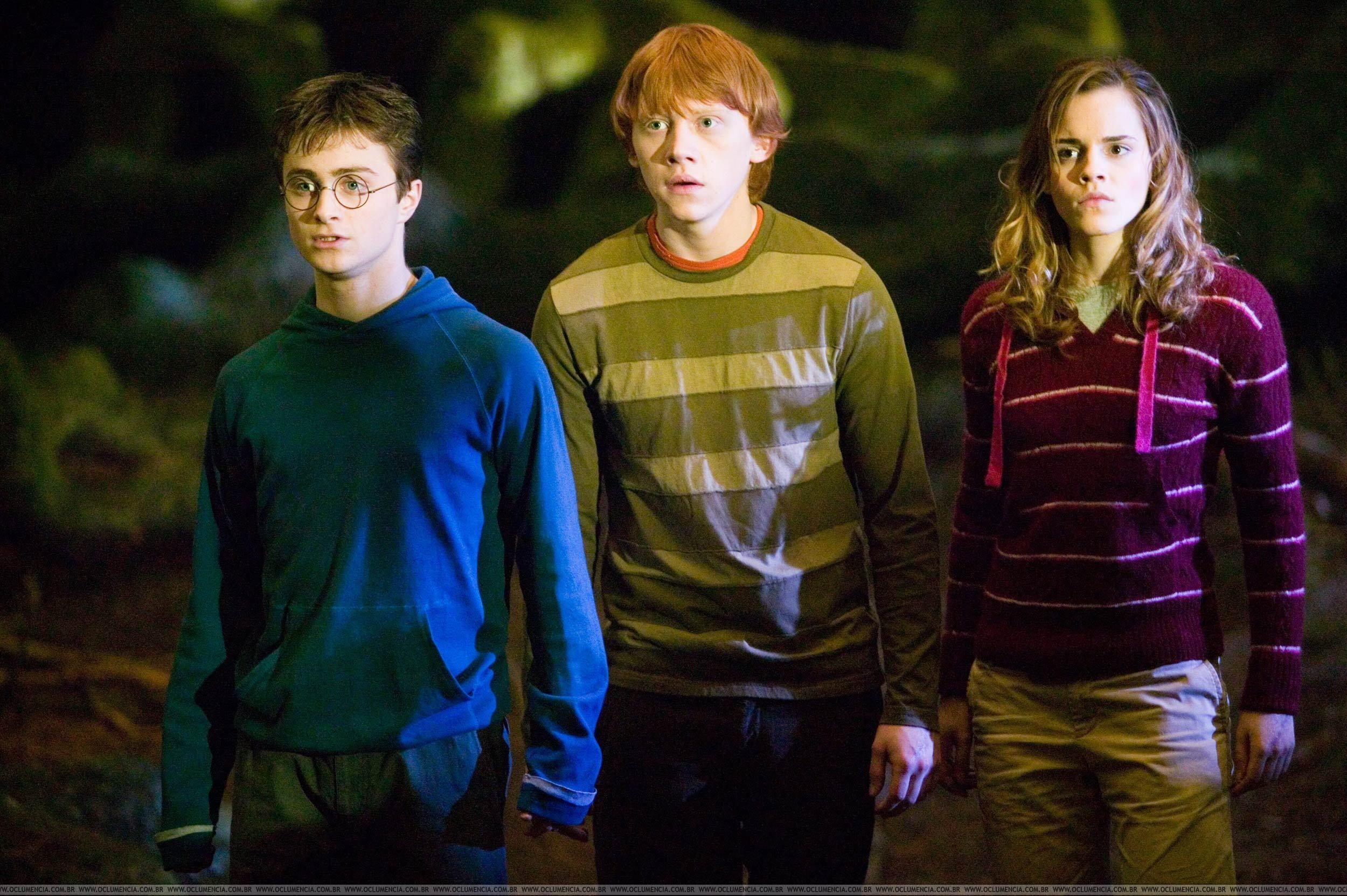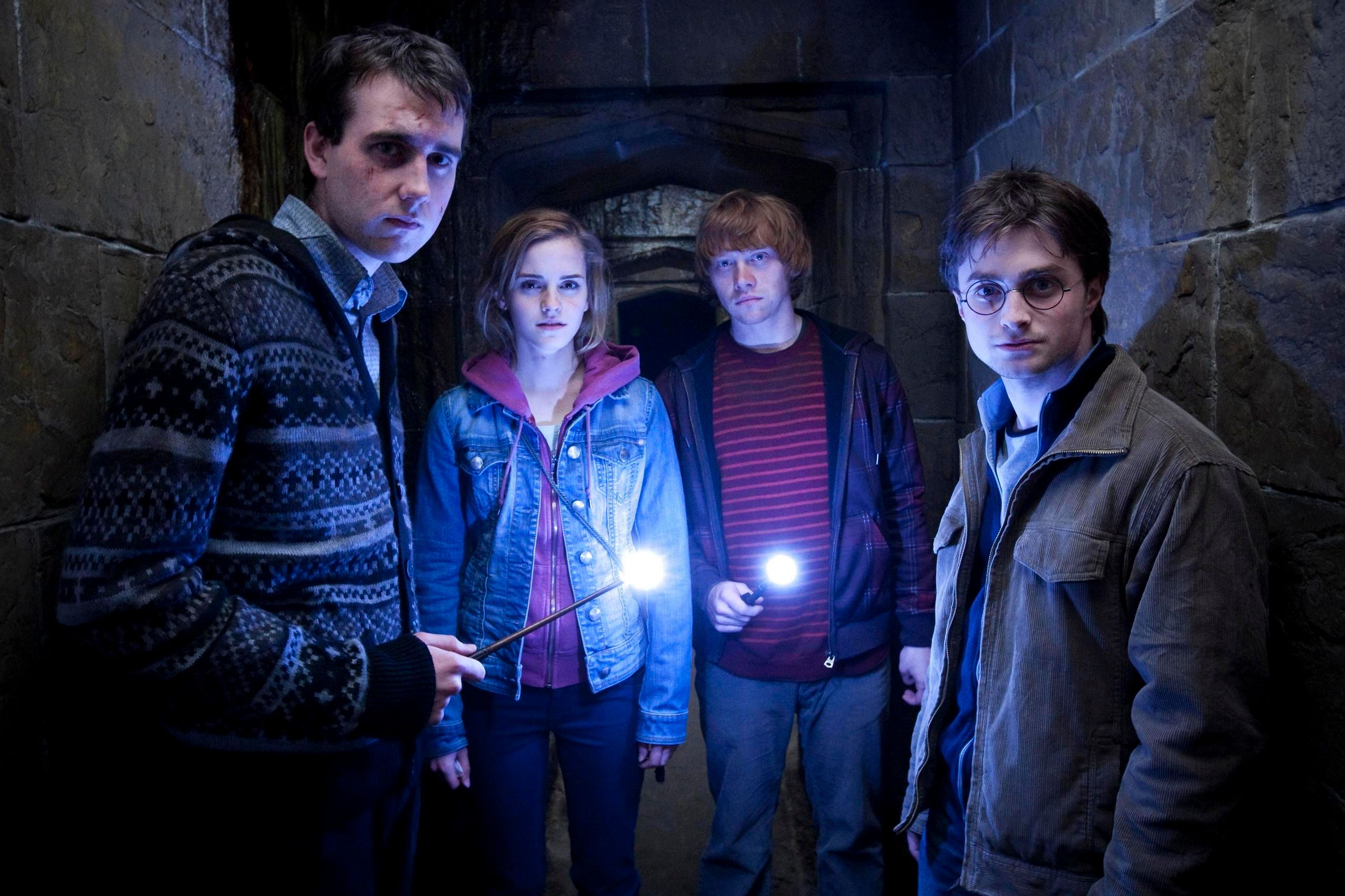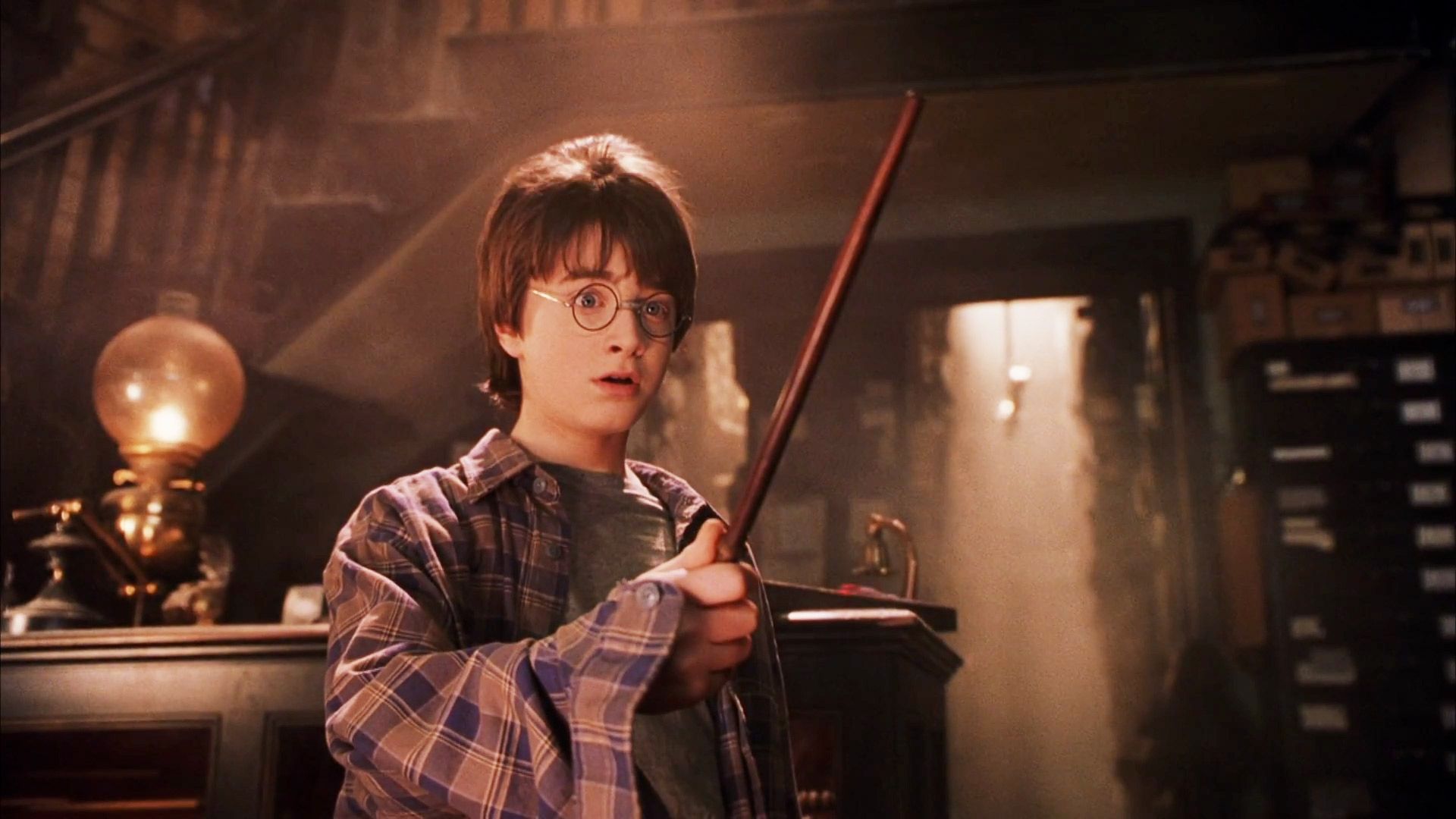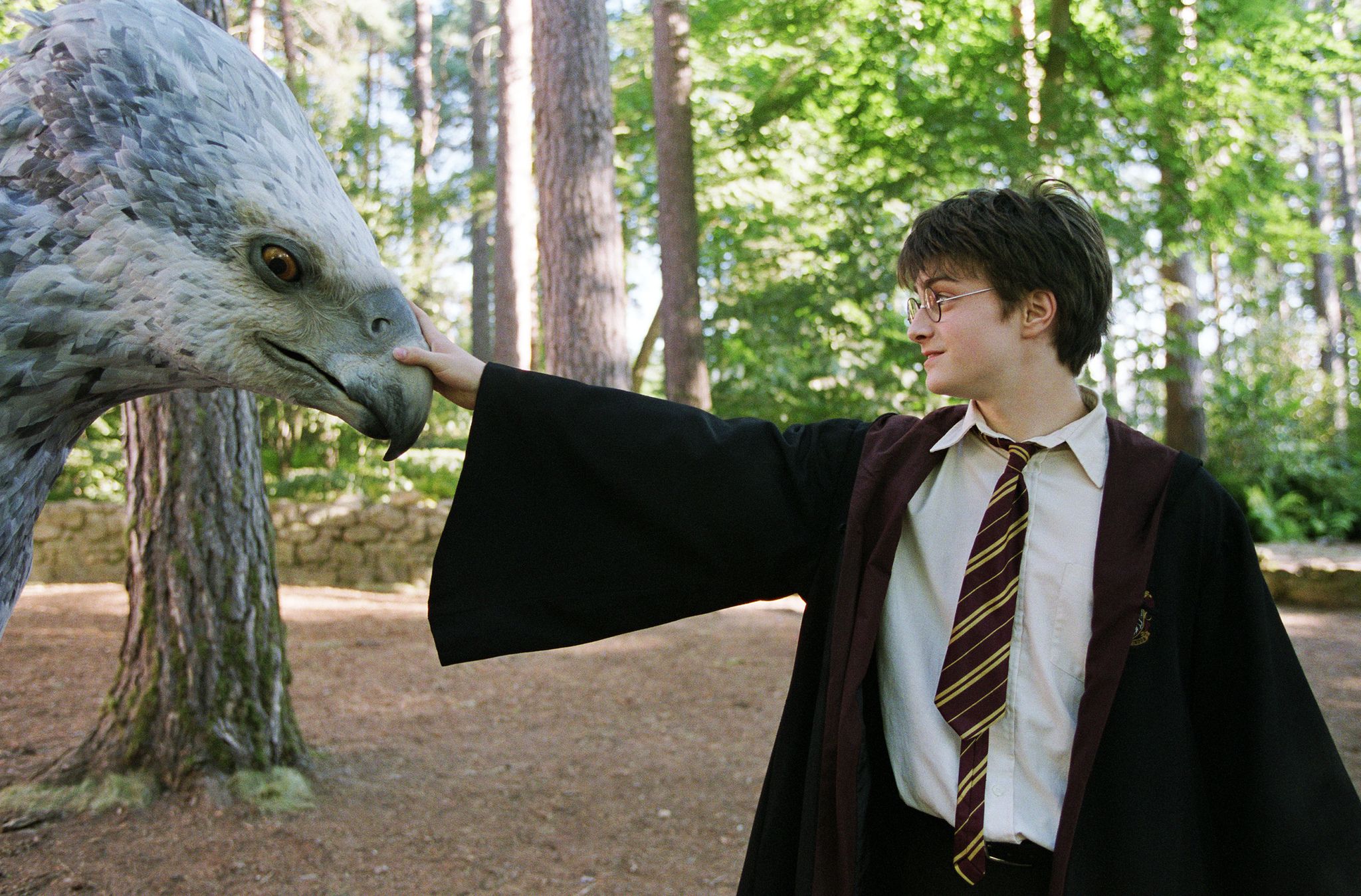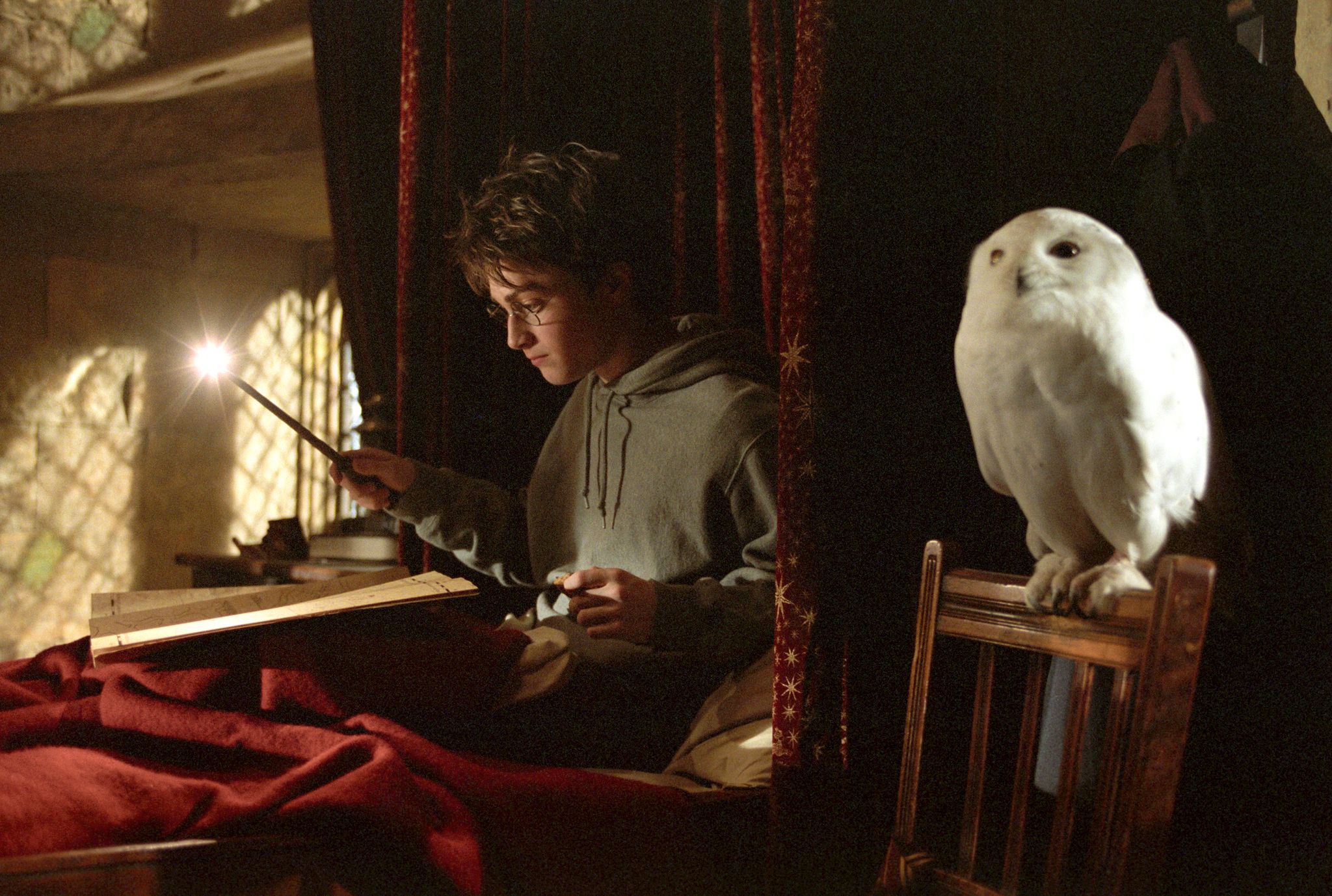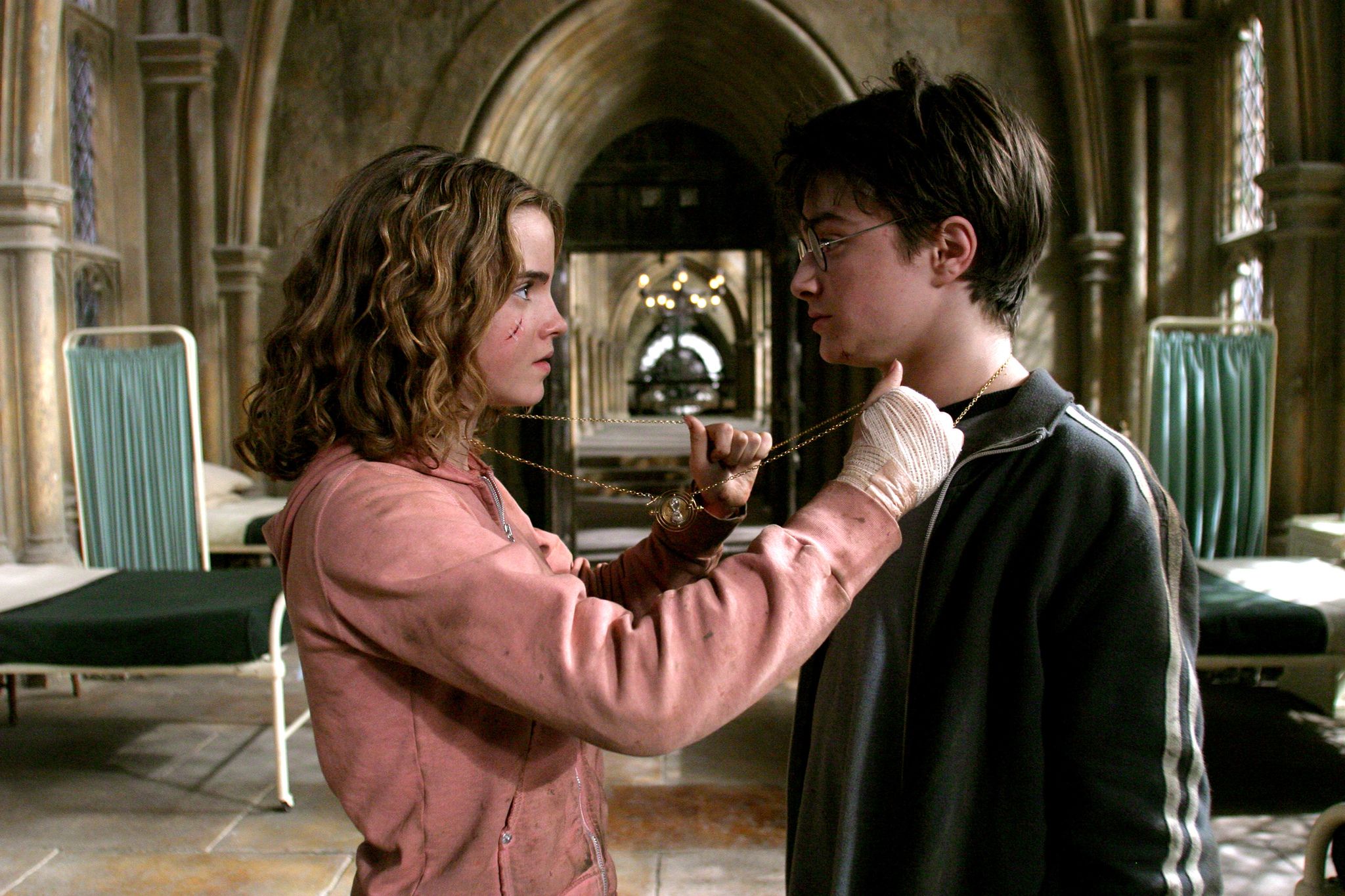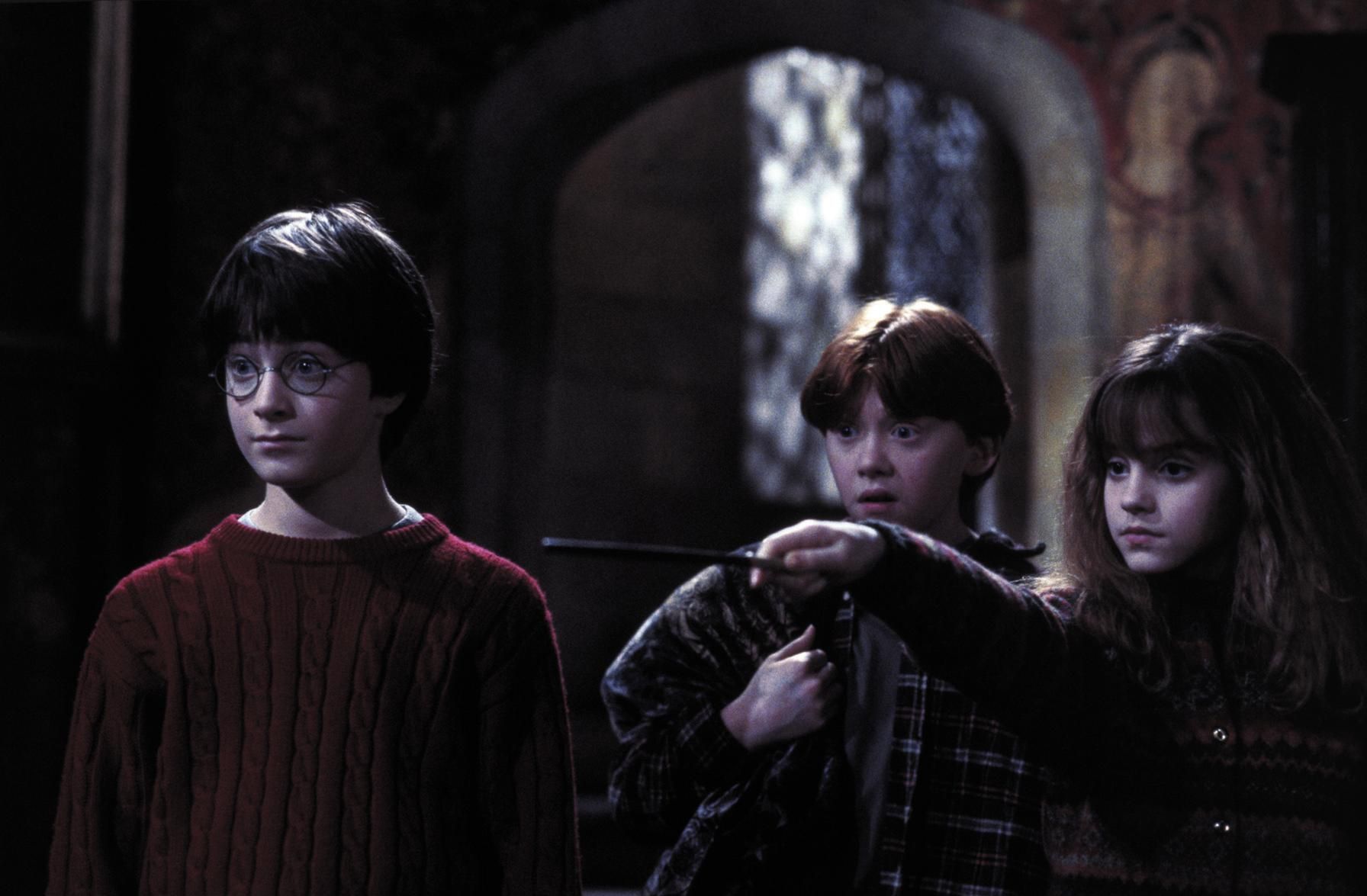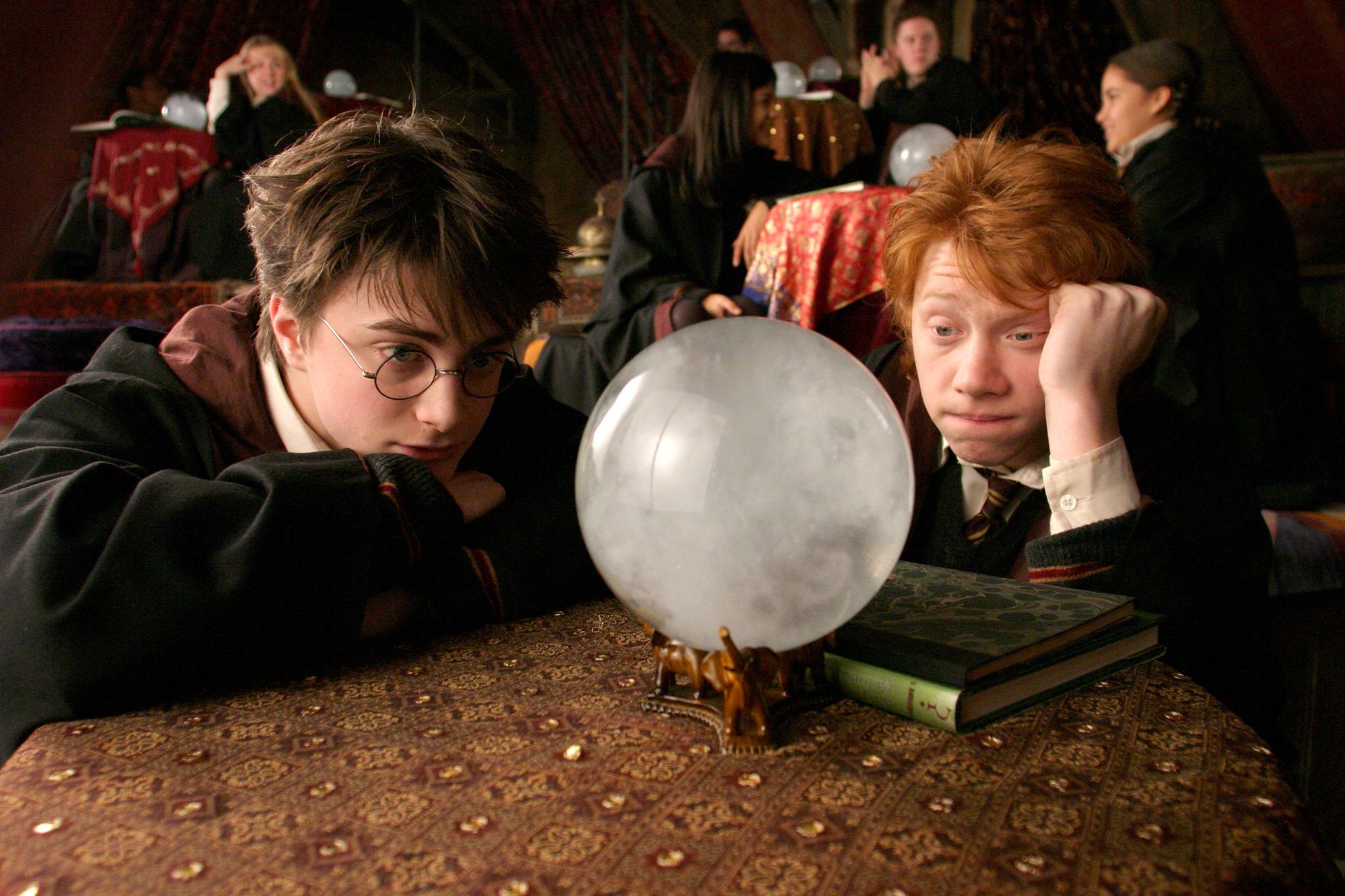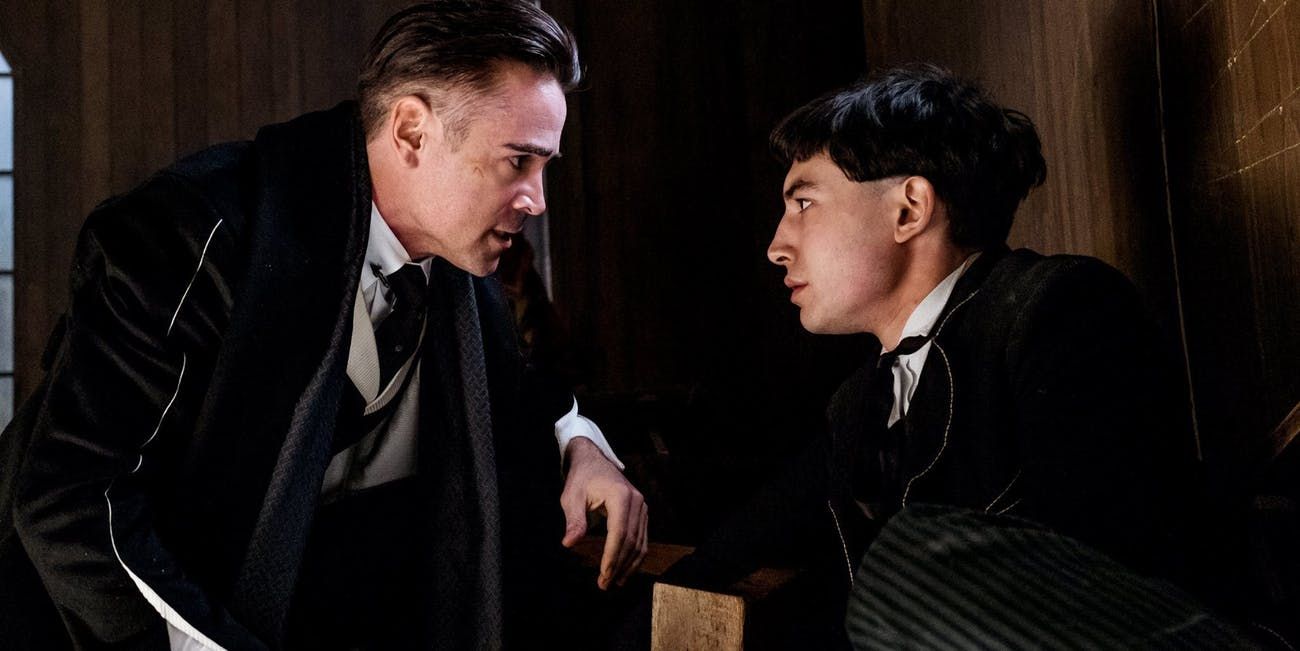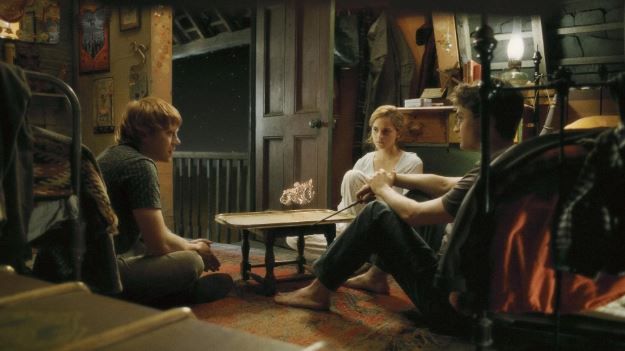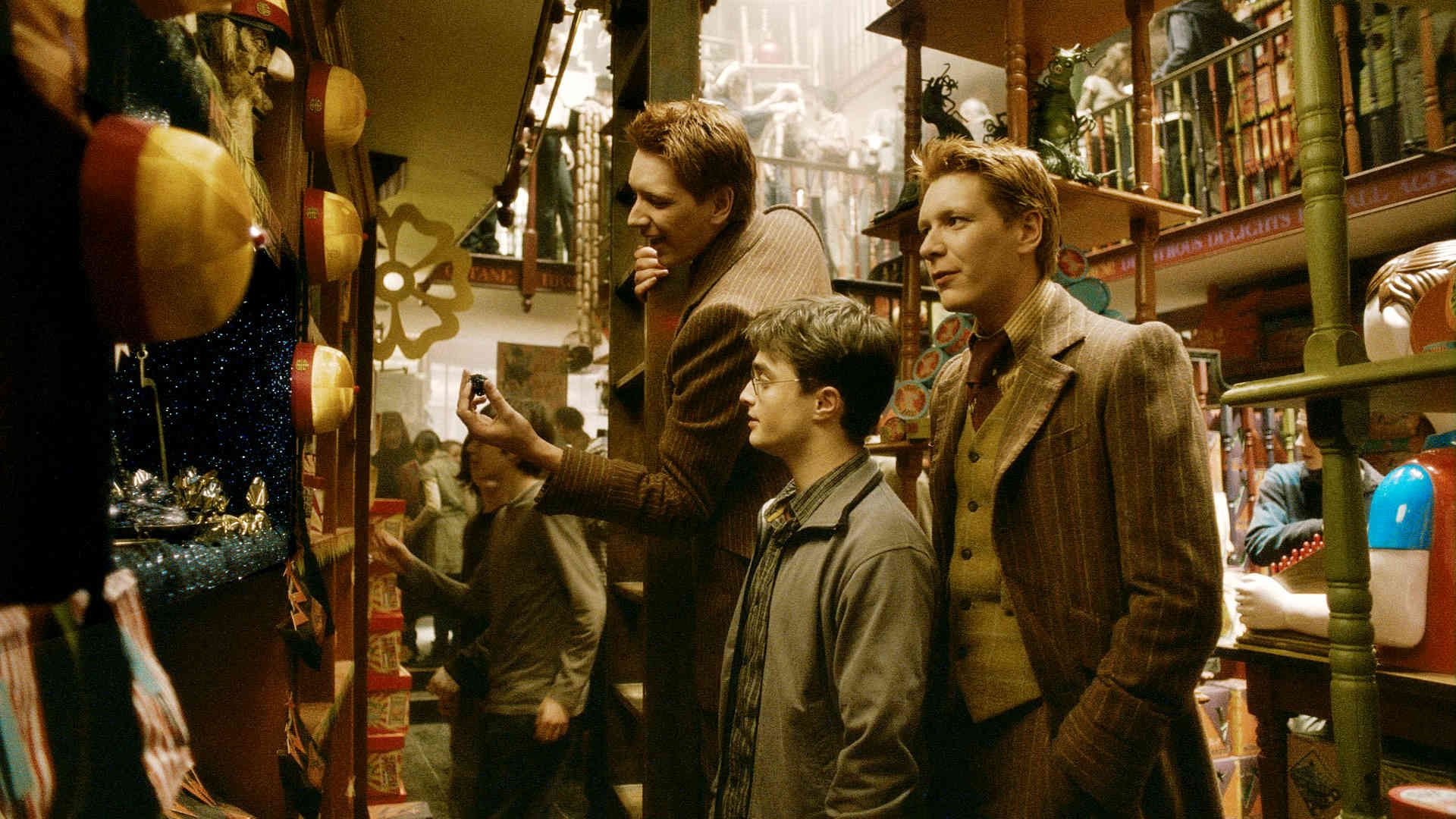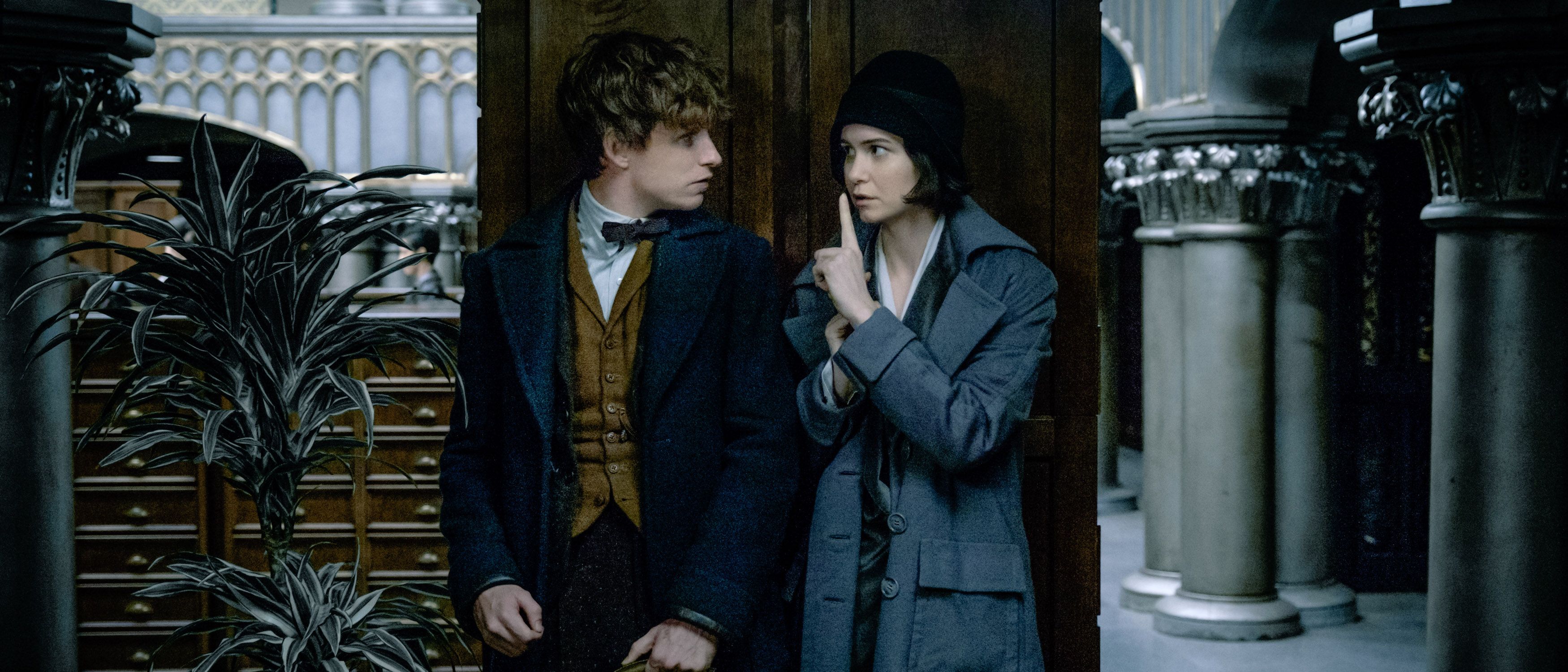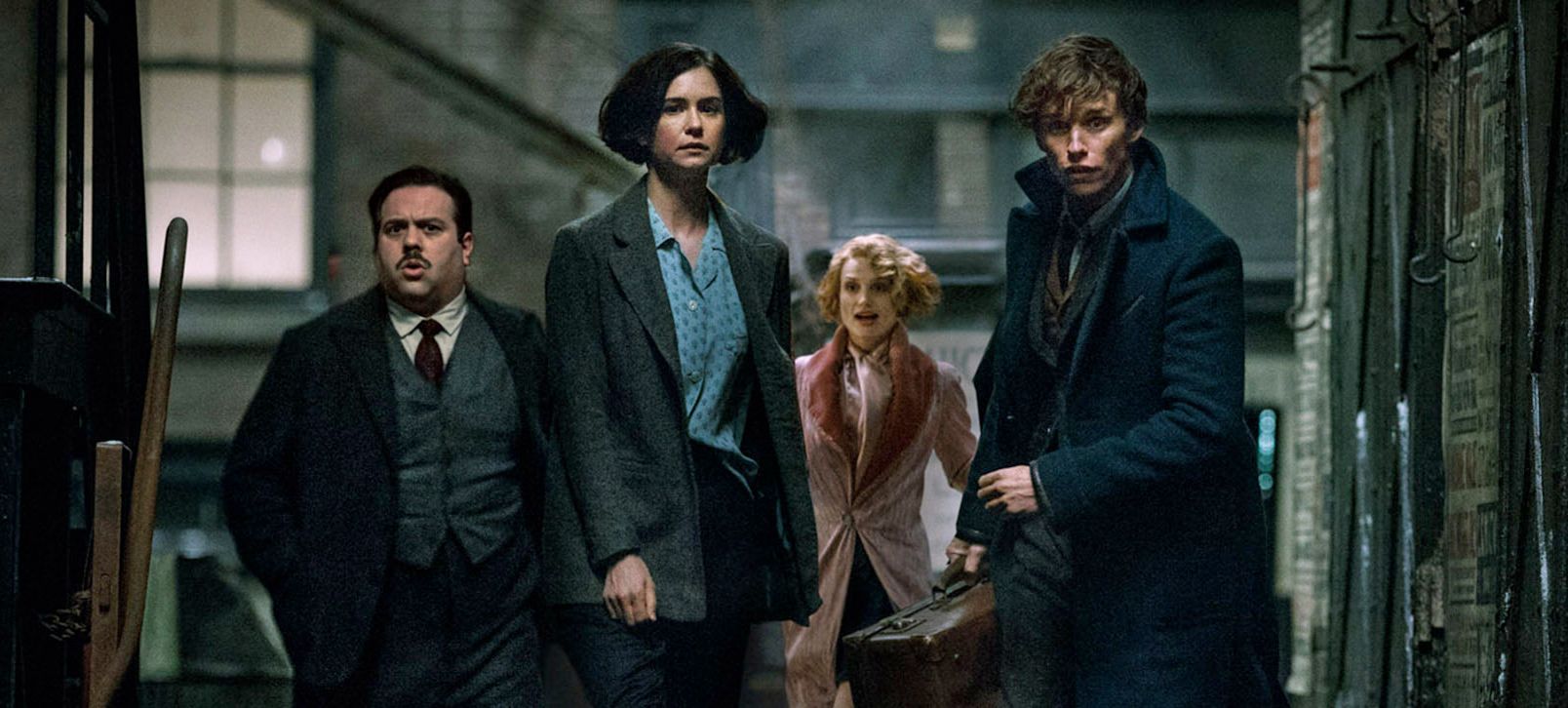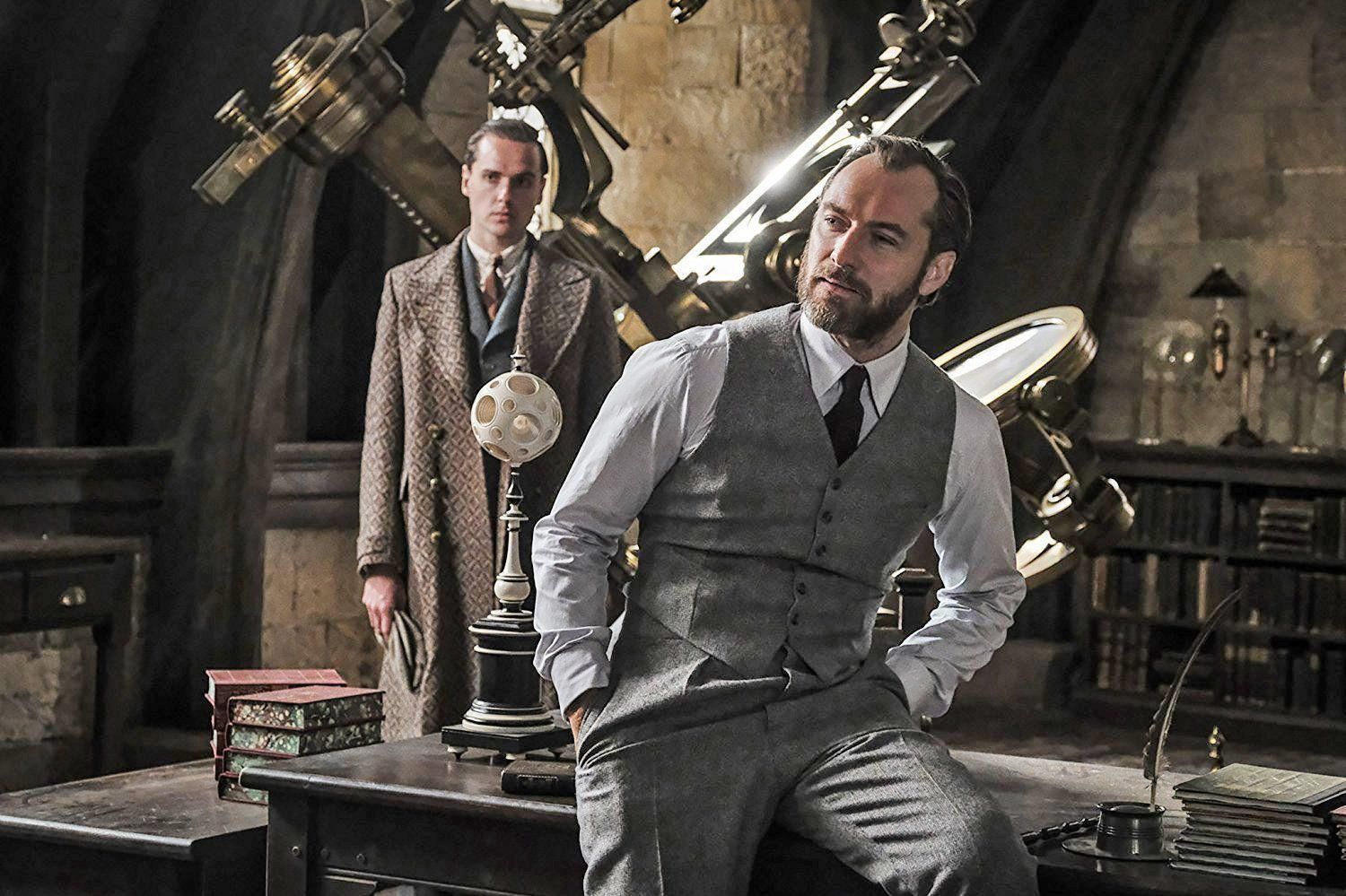Everyone, at one point or another in their lives, has imagined being a wizard and the unlimited potential that comes with those infinite cosmic powers, ability to control time, and unadulterated magical abilities. But is that magic truly "unlimited?" Are wizards truly able to do whatever they please with their innate abilities? Are they governed by the same laws of physics, ethics, and the basic limitations of the universe that we mortals are subjected to and must follow? Every type of magic is bound by legal, physical, and moral laws. And this article is all about the legal, physical, and moral restrictions that have been placed upon the magic of the wizarding world surrounding the Harry Potter series.
In this article, we will discuss both the physical limitations placed on the magic which exists in the wizarding world as well as the wizard enacted laws that govern the witches and wizards of the Harry Potter world. It is important to note that several of these laws are no longer enforced as prejudices between muggles and wizards have dissipated over time. However, since the current focus of the franchise is set deeply in the past, during a time in which these antiquated laws were strictly enforced, it is important to discuss them as well as their reason for existing. This article will keep its summaries as brief as possible but note that additional information is available via Pottermore and the Wizarding World’s Wiki pages, for all those who are brave (or curious) enough to seek it.
25 Underaged Magic
One of the most basic laws that governs the wizarding world, and which exists in every single country across the globe, is 'The Decree For the Reasonable Restriction of Underaged Sorcery." First written in 1875, this decree makes it illegal for witches and/or wizards to perform magic outside of Hogwarts and its surrounding areas under the age of 17. It is important to note that children who have not yet attended Hogwarts are not bound by this law as their magic tends to shoot out of them in an uncontrolled fashion and the responsibility of containing it falls upon their parents.
24 Inter-Magic Marriage
In Great Britain, the laws forbidding relations between muggles and wizards were overturned long ago on the merit that the laws were founded in unjust prejudice as well as the fact that the magical community would have ceased to exist had these relationships not be allowed eventually. However, the law forbidding these relationships was not overturned in the USA until the mid-to-late 20th century. Rappaport's law called for the complete segregation between muggles and wizards and was created in the attempt to save wizards from the muggle's persecution. The law was so strict that underaged witches and wizards were forced to leave their wands at school between terms and adult witches and wizards were required to carry a wand permit on their person at all times.
23 Do Not Tamper With The Source Of Life
Wizards are expressly forbidden from directly tampering with the source of life that can be found within any living creature for doing so can have terrible consequences for all involved. Things such as Horcruxes, the consumption of unicorn plasma, unforgivable curses, and the Philosopher's Stone (before its destruction) are all heavily guarded, forbidden, and highly secret forms of magic as tampering with the source of life can corrupt the soul and lead to unspeakable evils. This is rumored to be the fourth exception to Gamp's Law (a set of laws that limit the physical capabilities of magic).
22 Magic Cannot Create Real Love
Voldemort is unable to feel/understand any form of love and/or affection because he was created whilst his father was under the effects of a Love potion. Love potions do not have the ability to create true and lasting feelings of genuine love. Instead, they create a type of obsession beyond sanity that can drive those who consume it utterly mad with infatuation. Magic is unable to create true love for the simple fact that love is an intangible feeling that no one can directly source. Amortentia (the most powerful "love" potion in existence) can create a sensation that closely mimics the feelings one has when in love. But magic has limits and love is one of them. This is rumored to be the fifth exception to Gamp's Law (a set of laws that limit the physical capabilities of magic).
21 Perform The Unforgivable Curses
This is more of a government established law rather than a physical law on the magic in the wizarding world. The three Unforgivable Curses ( The Cruciatus Curse, The Imperius Curse, and Ava Kedavra itself) are expressly forbidden in the wizarding world due to the effects that they have when performed on another living creature. The Cruciatus causes the target uncomparable pain and is often used in order to force wizards into revealing information when Veritaserum is unwanted or unavailable. The Imperius Curse robs the target of their free will entirely and is illegal for obvious reasons. And Avada Kedavra renders the target deceased – which is also illegal for obvious reasons. The unfortunate thing is that the only wizards who would consider performing such curses are the type that don't really care for laws in the first place.
20 There Are Limits To Time Travel
Witches and wizards are expressly forbidden from traveling back more than five hours using the time turner due to one witch, Eloise Mintumble, having accidentally traveled back in time, getting stuck, and perishing before her own birth. The second being that one cannot change the events of the past for it has already occurred and is now set in stone. If one attempts to do such things, they will become the reason for the event (which has already occurred and will continue to occur exactly as it initially did) and the event will remain unchanged. No amount of tampering with time will change what had occurred.
19 Food Spells Must Have A Source
There are limits to what magic can do. One of the biggest physical limits of magic is that wizards and witches are unable to conjure food out of thin air. They can bring food from another location to them and they can magically assemble the ingredients. But they are expressly physically unable to simply conjure up food from the ether. This is the one principal exceptions to Gamp's law that is expressly mentioned in the books series itself (via Hermione Granger whilst the golden trio was on the hunt for Horcruxes).
18 There Is No Magical Cure For A Broken Mind
The mind is an utter mystery for both muggles and wizards alike. And though us muggles have just begun to unlock its secrets, such knowledge has escaped the wizarding world. There are many curses that result in the loss of memory or loss of neurological functions/control in the wizarding world. However, the targets of these spells are out of luck when it comes to returning to themselves, their lives, or finding a cure. Witches and wizards who have had their brains permanently altered to a point in which they are no longer able to function in society will be sent to St. Mungo's Hospital for Magical Maladies and Injuries for the rest of their lives.
17 You Cannot Create Money
The second (rumored) exception to Gamp's law is the ability to conjure money. Witches and wizards are physically unable to conjure money from the ether and any conjured money will usually disappear within a set/short period of time (e.g. Leprechaun money which was handed out at the 1994 Quidditch World Cup in Goblet of Fire). These exceptions to Gamp's Laws of transfiguration seem to bind witches and wizards to reality in the sense that they must work for their money, shop for and make their own food, and treat each other with some degree of ethics and moral-code-driven actions.
16 Break An Unbreakable Vow
This physical law is rather simple: witches and wizards cannot break an unbreakable vow. Now, they will not be punished through court or government means for this is a physical law rather than a legal law. If a witch and/or wizard enters into an unbreakable vow and chooses to break it, they will perish. Now, it is important to note that the ways in which they shall perish are not explicitly mentioned in any of the books or films pertaining to the wizarding world. But one can only assume that the moment will most likely occur in close proximity to the moment of the intended betrayal and will be a grim and unpleasant event.
15 Do Not Conjure Living Things
As mentioned earlier on in this article, witches and wizards are bound (both by physical and legal law) to abstain from tampering with the source of life. However, witches and wizards do have the physical ability to conjure living things; though they should never attempt to do so. Just because you can does not mean you should. While they are physically able to conjure animals, such things should only be done by an expert conjurer and never on a whim. Doing so can create Frankenstein-like hybrid creatures straight out of one's nightmares. This is due to the Principle of Artificianimate Quasi-Dominance which essentially means that these conjured animals are not bound by mortal law and thus their traits and genetics have no natural dominance; therefore they can overlap and compete with one another in life-defying ways.
14 Fight For A Fair Trial
This is neither a physical nor legal law, but it is an important matter which warrants discussion, all the same. The justice system in the wizarding world is an utter mess. Two notable examples of this nonsense is the fact that both Sirius Black and Rubeus Hagrid were carted off to Azkaban with no trial, nor proof, regarding any crimes they were accused of as well as the fact that Harry Potter's trial for his use of the Patronus charm in the presence of a muggle was intentionally rescheduled in the attempt to prohibit him from both attending and being able to defend himself. Hopefully, things have improved over time, but a right to a fair trial is not guaranteed in the wizarding world.
13 The Antidote To A Poison Is Not The Sum Of Its Parts
There is a tricky little law entitled Golpalott's Third Law, which basically states that the antidote to a poison is not the sum of its parts. This, essentially, means that if a poison was created by blending multiple poisons together, the antidote for said poison will not be a combination of the antidotes for each individual poison, but rather a new creation/ingredient entirely. Instead, the antidote will be an entirely new ingredient, unrelated to the previous antidotes, which transforms the poison in a near-alchemic way that will counteract the effects of the combined poison entirely.
12 Not All Wounds Have Magical Cures
This is rumored to be the third exception to Gamp's Law (a set of laws that limit the physical capabilities of magic). Several times throughout the Harry Potter books, while battling the forces of evil and dark magic, our heroes find themselves afflicted with an injury that cannot be healed. Two notable examples of this are the wounds caused by the snake which attacked Arthur Weasley and the loss of George Weasley. Neither wounds could be healed fully through magic (Arthur required muggle stitches in order to seal his wounds) due to the fact that dark magic was used to create the wounds. It is important to note that no one knows why this is, they only know that it is.
11 Related Wands Cannot Duel
Wands are bound by their own laws, moral code, and physical limitations which affect how they behave and the things that they can and cannot perform. One notable (and plot-relevant) physical law that wands are bound by is the fact that related (or 'sibling') wands cannot destroy each other. They will resist dueling with every fiber of their being but, if forced to duel, they will reach a sort of stalemate every single time. This is why Harry and Tom were unable to best each other until the Elder Wand entered the chat and that is when the tables truly did turn.
10 You Cannot Own Most Magical Creatures As Pets
Now, this is one of the few laws that has remained in place despite the morality surrounding the law changing over time. Despite the reason for this law existing and changing as societal views surrounding the fantastic beasts changing (thanks to the beloved Newt Scamander who deserved better), the law remains in place. Basically, you cannot really own magical beasts as pets (no matter how much both Newt and Hagrid want to do so). And it is important to note that there are exceptions to this law. There are some magical creatures that are allowed to be pets, such as Pygmy Puffs. Initially, this law was created due to wizards despising the creatures but now the law remains in place for the welfare and care of the creatures to prevent mistreatment (this can be compared to exotic pet laws in the Muggle world).
9 The Statute Of Secrecy Cannot Be Broken
The Statute of Secrecy was enacted in order to protect wizards from muggles that may attempt to prosecute or capture them in order to use their magic for themselves. This statute includes many smaller laws under the umbrella of its title as there are many components to maintaining secrecy. The biggest sub-laws that fall under this umbrella being The Decree for the Reasonable Restriction of Underaged Sorcery and Rapport's law (both previously mentioned and explained elsewhere in this article).
8 Choose Their Own Wand
One of the more peculiar natural laws in the wizarding world is the fact that wizards cannot choose their own wands. And this is, of course, due to the fact that wands operate on their own physical laws. This is one of the more basic laws of the wizarding universe but that does not stop it from being utterly bizarre. Are wizards ever disappointed with the wands they receive? Just how sentient are wands, truly? Do they feel pain when broken? Do they have the capacity for emotion? Could they refuse to perform a spell for you if they were having a bad day?
7 Spells Cannot Survive The Falls In Gringotts
In order to prevent people from breaking into Gringotts bank, there are several defense mechanisms that remove all charms, jinxes, spells, and hexes from both attendants and bankers. One of these defense mechanisms is the Thief's Downfall, which is essentially a waterfall that sits on the rollercoaster ride to the vaults of Gringotts. This waterfall washes away all magical spells and disguises that have been placed upon those seeking to do nefarious things within the bank. Only three people have ever successfully broken both into and out of Gringott's and they are Ron, Hermione, and Harry Potter.
6 Immortality Requires Sacrifices
To further expand upon the limitations of magic that affects the soul/life forcing of a living thing, there are also laws that govern the ability to achieve immortality. In essence, any attempts to permanently extend one's life will end in failure and misery. Save for the Philosopher's Stone, of course, which is why it became such a sought after item and why it was destroyed after it became known that Voldemort was searching for it. But all other methods of achieving eternal life (the two most notable examples being Horcruxes and the consumption of unicorn plasma) gives the user a cursed half-life that is a mere shadow of your former one.

